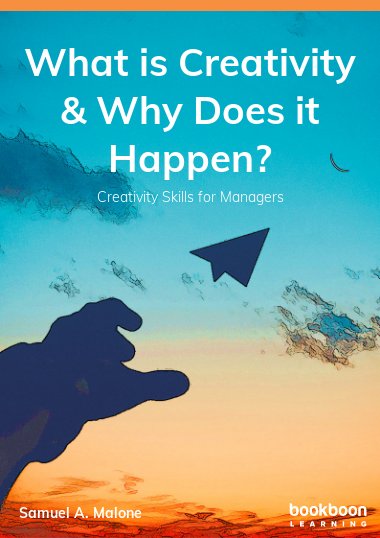Creativity is creating something that wasn’t there
before, seeing novel relationships between artefacts, ideas, products, places
and people. It is just one aspect of
intelligence. Nevertheless, you need a
certain level of IQ to be creative, although people with a high IQ are not
necessarily creative.
To survive, a business needs to work smarter, faster and
leaner; continually develop new products and services and improve existing
ones. Good design is an important spur
to creativity. It is often the main
competitive advantage of successful companies.
About the author
Samuel A Malone is a self-employed training consultant, lecturer and author. He has published numerous journal articles in the fields of learning, study skills, personal development, motivation and management. He is the author of 28 books published in Ireland, the UK and abroad on learning, personal development, study skills and business management. Some of his books have gone into foreign translations including Russian, Spanish, Danish and Norwegian, and second editions. Some of his books have been published in India. He has an M.Ed. with distinction (in training and development) from the University of Sheffield and is a qualified Chartered Management Accountant (ACMA), Chartered Global Management Accountant (CGMA) and a Chartered Secretary (ACIS) and a Member of the Irish Institute of Industrial Engineers (MIIE). He is a fellow of the Irish Institute of Training and Development (FIITD).

